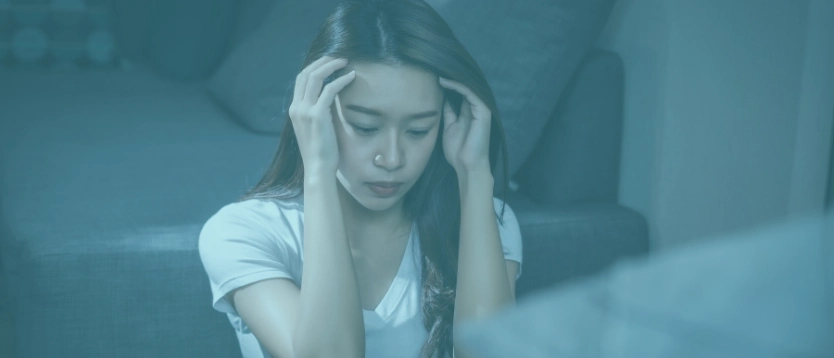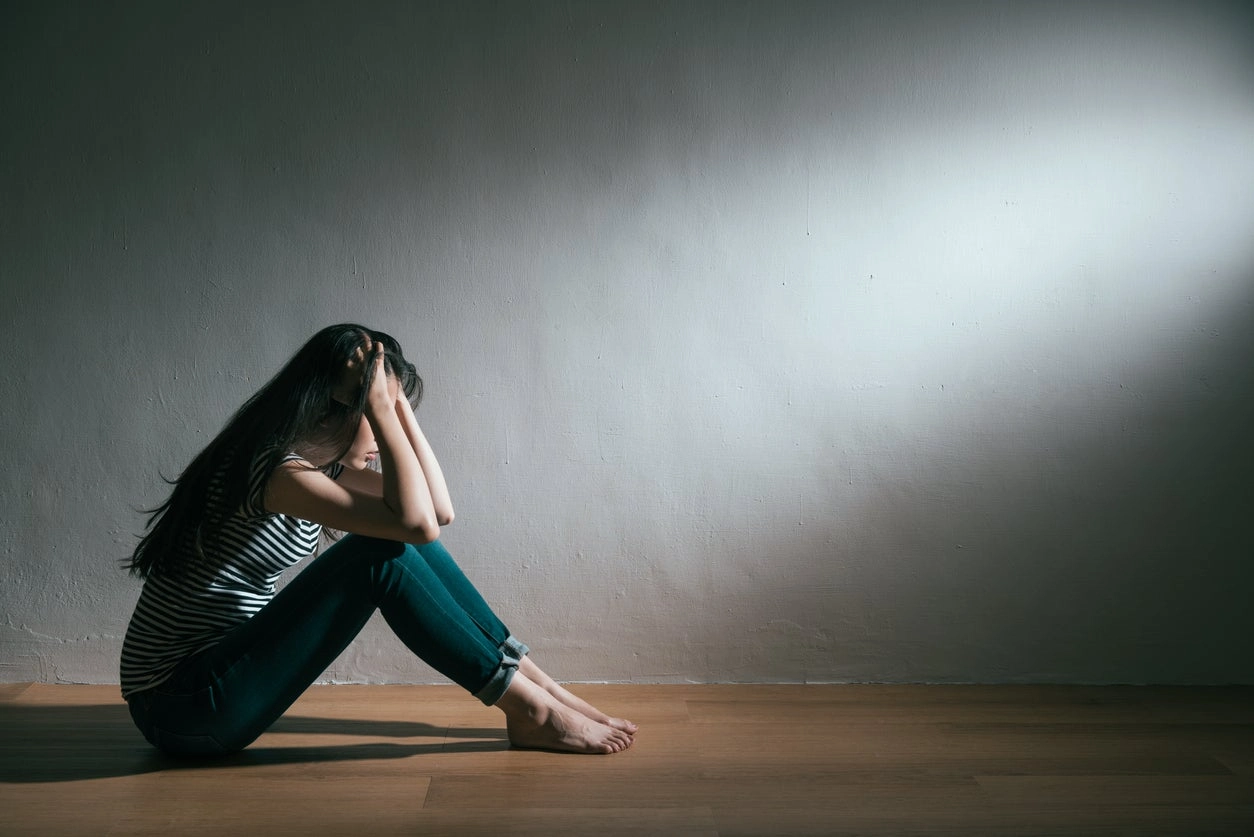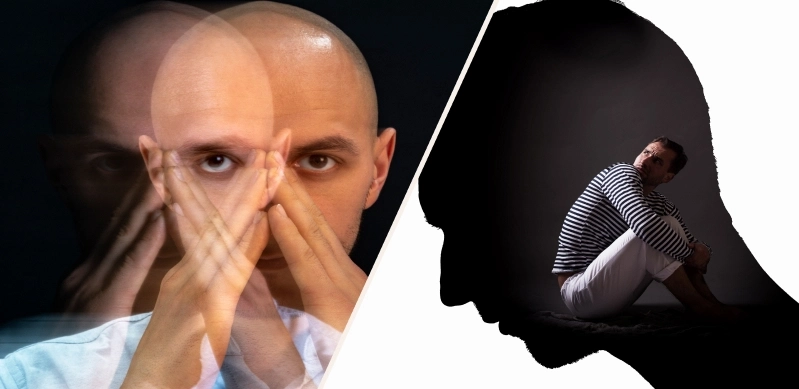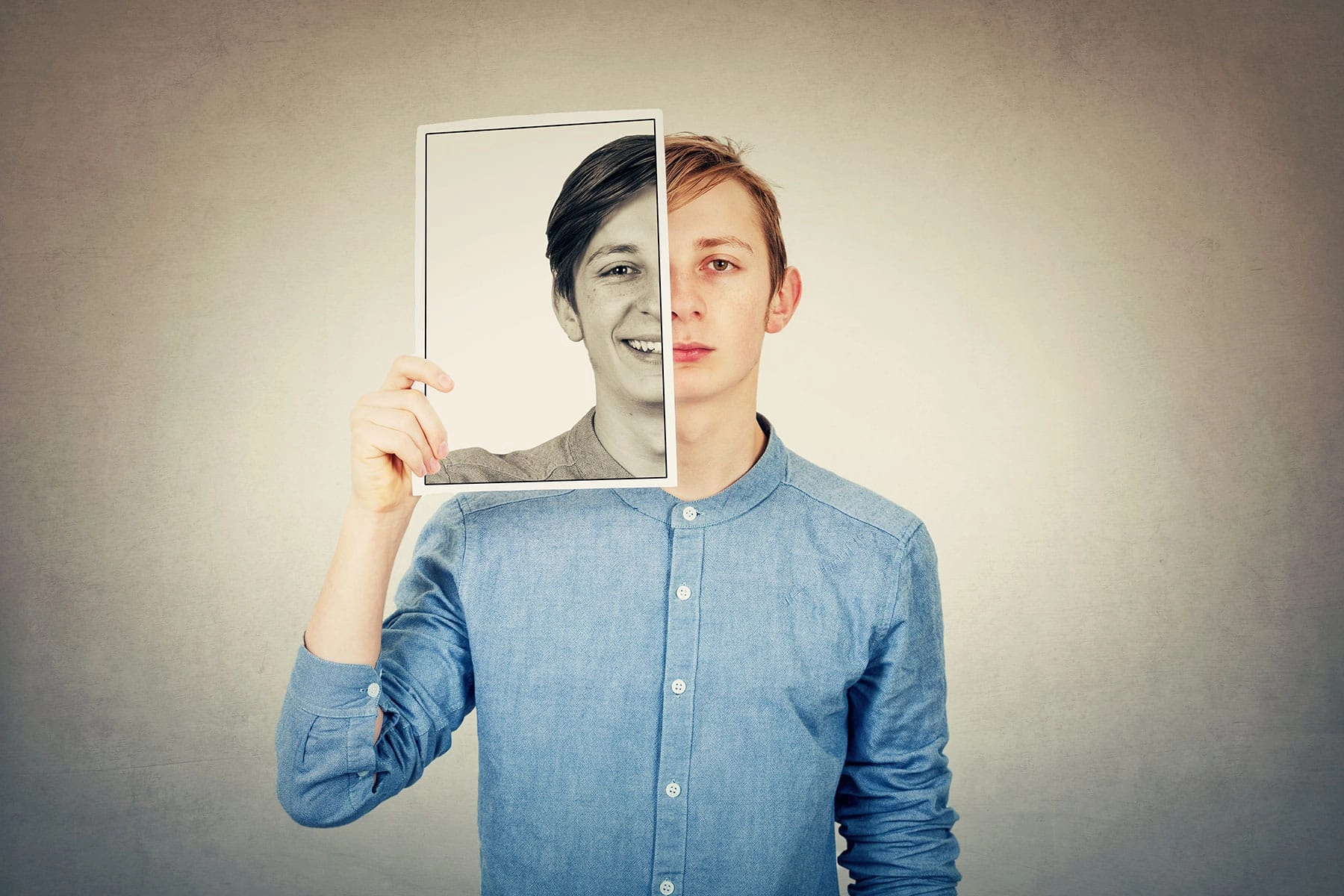Is Bipolar a Disability: Millions of people throughout the world suffer from bipolar illness, a severe mental health condition. Distinguished by severe mood swings—including manic highs and depressive lows—bipolar disorder can severely impair daily life, relationships, and the capacity to work. People with this condition wonder most often: Is bipolar a disability?

Yes, bipolar disorder can be viewed a handicap depending on the severity and its influence on daily functioning. Legal systems, medical evaluations, and work accommodations all have bearing on the categorization and support one has access to. This post delves deeply into bipolar disorder to enable you to determine when and how it is categorized as a handicap.
What Defines Bipolar Disorder?
Originally called manic-depressive illness, bipolar disorder is a mood disorder that causes unusual changes in energy, degree of activity, focus, and capacity to do daily chores. Among the different forms of bipolar disorder are:
Bipolar I Disorder
Often followed by depressive episodes, bipolar I disorder is defined by manic episodes lasting at least seven days or necessitating hospitalization.
Bipolar II Disorder
While not full-fledged manic episodes, this illness does include periods of sadness and hypomanic episodes.
Cyclothymia
Cyclothymia is a condition characterized by many brief episodes of less intense hypomanic and depressive symptoms.
The symptoms might be crippling. Manic episodes might cause people to exhibit impulsive behavior, swift speech, inflated self-esteem, and reduced need for sleep. Extreme sadness, weariness, despair, and suicidal ideas can all result from depressive episodes.
Bipolar Disorder: Legally Considered as A Disability?
Many nations, including the United States under the Americans with Disabilities Act (ADA), legally acknowledge bipolar disorder as a disability. According to the ADA, a disability is any physical or emotional impairment that significantly restricts one or more significant life activities. Bipolar disorder fits this definition when symptoms impede on a person’s capacity to operate daily, including work, education, or social events.
Bipolar disorder is likewise categorized as a disability in the United Kingdom under the Equality Act 2010, which shields people against prejudice in public services and employment.
For Bipolar Disorder, Can One Get Disability Benefits?
The answer is yes—under some circumstances—if you are asking if financial aid is available for bipolar disease. In the United States, for instance, the Social Security Administration (SSA) includes bipolar disorder in its Blue Book of disabilities, which specifies the requirements for Social Security Disability Insurance (SSDI) or Supplemental Security Income (SSI).
To be eligible, people have to show that their bipolar disorder:
- Has persisted for 12 months or should last at least that.
- Causes presented limits in fields including understanding, engaging with others, concentrating, and self-management.
- Results from decompensation episodes—that is, an acute exacerbation of symptoms—
Usually, applicants must present psychological evaluations, medical records, and records of functional impairment to meet requirements.
Accommodations for Bipolar Disorder in the Workplace
Under disability laws, employees with bipolar disorder are entitled to reasonable workplace accommodations as long as the condition affects their job performance and the request doesn’t inflict excessive hardship on the company.
Common adjustments could be:
- Flexible work hours or schedules
- Time off for therapy or extended breaks
- A hushed or personal office
- Remote work capability
- Step-by-step directions to increase understanding
People must talk with their human resources department or a manager and submit medical paperwork as needed. Legally, employers cannot fire or discriminate against workers only for their bipolar diagnosis.
Is Bipolar a Visible or Hidden Disability?
Because it is not immediately visible to other people, bipolar disorder is regarded as a latent or invisible handicap. Unlike physical disabilities, mental health disorders like bipolar disorder may be missed or misunderstood by coworkers, friends, or even family members.
Often, this lack of visibility results in stigma and doubt. People may doubt the seriousness of the illness or believe the individual is exaggerating. Promoting mental health advocacy, lowering stigma, and so developing empathy depend on knowledge of the hidden nature of bipolar disorder.
Accommodations for academics and support for education
Law like the Individuals with Disabilities Education Act (IDEA) or Section 504 of the Rehabilitation Act in the U.S. also qualifies students with bipolar condition for adjustments in academic situations. These accommodations enable students to meet academic criteria while controlling their symptoms.
Among the possible academic resources are:
- changed test schedules
- Availability of a resource room
- more time on exams or projects
- Mental health care and counseling
- flexible approach rules
Normally, a documented diagnosis from a healthcare provider is needed to apply these accommodations via an Individualized Education Program (IEP) or 504 Plan.
How to Support Yourself or a Loved One

Advocating disability acknowledgment and bipolar disorder assistance can be difficult, particularly in settings or organizations where mental health is not well known. These are measures you can take:
- Consult an accredited mental health expert for an official diagnosis.
- Maintain thorough medical records of treatment history, drugs, and therapeutic development.
- Know your legal entitlements according to disability laws in your nation.
- Approach employers, schools, or benefits agencies with honest, respectful communication.
- Reach out to advocacy groups like Mental Health America or the National Alliance on Mental Illness (NAMI).
Effective advocacy guarantees dignity, respect, and appropriate support for your needs—or those of a loved one.
How Bipolar Disorder Affects Daily Life and Function
The functional effects of bipolar disease differ greatly from one person to another. Although some people may control their symptoms with drugs and therapy, others may have often and severe episodes that hinder their capacity to:
- Remain employed.
- Keep studying.
- Develop or preserve relationships.
- Manage funds or cook daily tasks in full.
This is why bipolar disorder must be seen as a disability deserving of thorough assistance and accommodations when necessary, not only as a mental health ailment.
Available Treatments Supporting Disability Management
Getting the right care is absolutely necessary not only for general health and well-being but also for preserving function in social and work spheres. Among the usual treatment methods are:
- Mood stabilizers include lithium or valproate.
- Drugs used to treat psychosis
- Support groups and psychoeducation
- Changes in lifestyle include sleeping habits, stress management, and frequent exercise.
Many people with bipolar disorder may lead meaningful, satisfying lives, whether or not they qualify as disabled under the law when treatment is regular and successful.
Conclusion
Simply said, bipolar disorder is a registered disability both medically and legally if it seriously affects one’s ability to work. Depending on the severity of their symptoms and the laws of their nation, people may be eligible for financial help via disability benefits as well as workplace or educational accommodations.
Recognizing bipolar disorder as a handicap promotes greater societal support systems, accommodations, and empathy. Whether you are supporting someone or are afflicted with bipolar disorder, being informed is the first step toward stability and empowerment.







